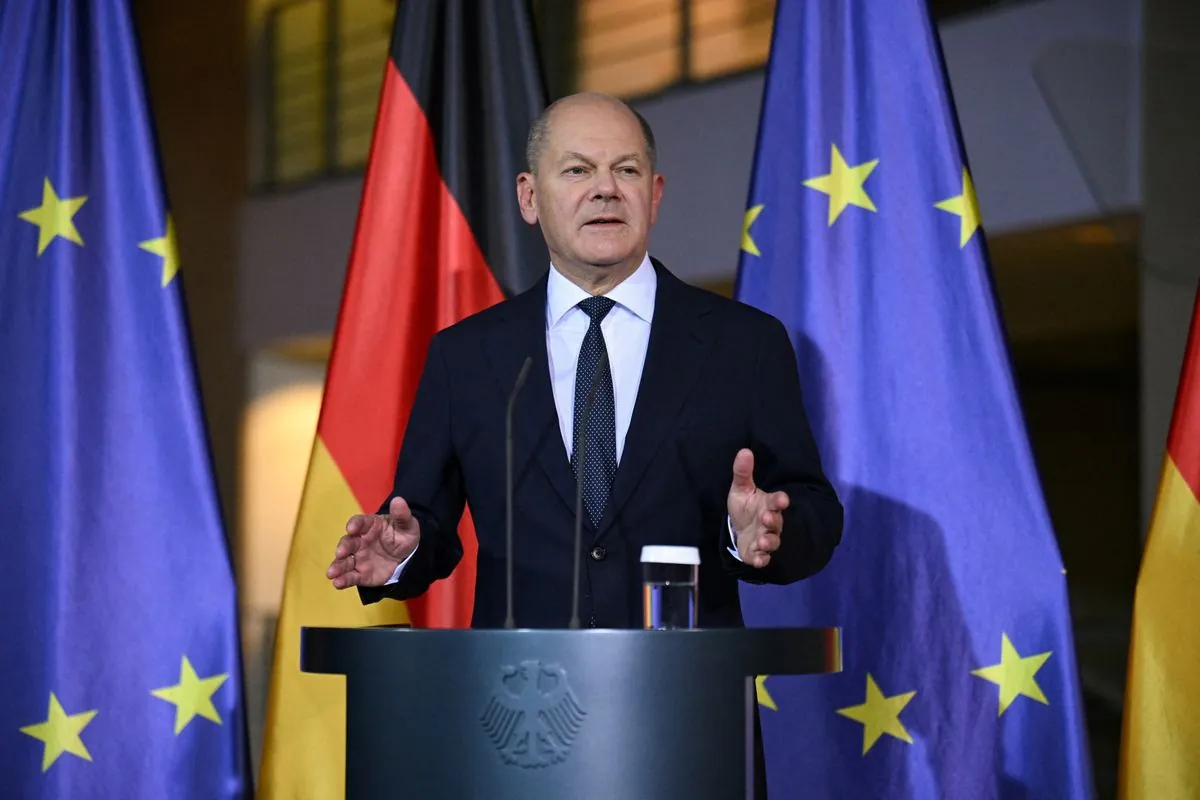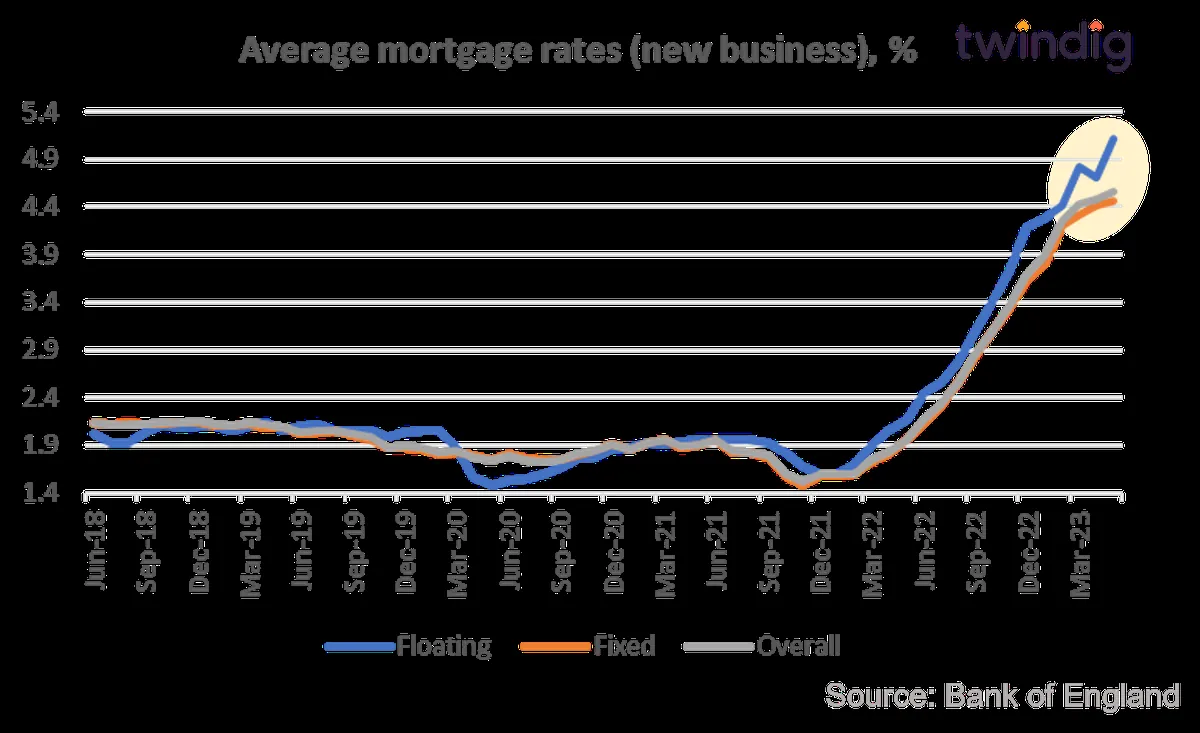Africa
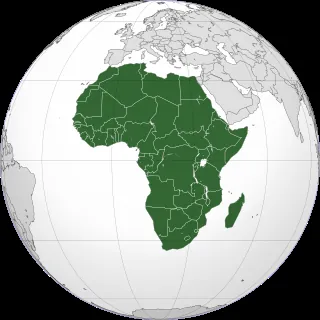
Some of the key events about Africa
- 1324The Mali Empire reached its peak, becoming one of the largest and wealthiest empires in the world
- 1652The first permanent European settlement was established in South Africa
- 1652Dutch colonists established a settlement at the Cape of Good Hope, beginning European colonization of Africa
- 1807The Atlantic slave trade was abolished by the British Empire, but illegal slave trading continued
- 1822Liberia was founded as a colony for freed African American slaves
- 1869The Suez Canal opened, connecting the Mediterranean Sea to the Red Sea
- 1884The Berlin Conference initiated the "Scramble for Africa", leading to rapid colonization by European powers
- 1899The Second Boer War began, resulting in significant casualties and the use of concentration camps
- 1914World War I spread to Africa, involving African soldiers and resources in a European conflict
- 1960The "Year of Africa" saw 17 African nations gain independence from European colonial powers
- 1960The Congo Crisis erupted, leading to years of instability and violence in the newly independent nation
- 1967The Organization of African Unity (now African Union) was established to promote cooperation among African states
- 1967The Nigerian Civil War began, resulting in widespread famine and an estimated 1-3 million deaths
- 1978Smallpox was declared eradicated in Africa, marking a major public health achievement
- 1984A severe famine struck Ethiopia, causing approximately 1 million deaths
- 1990Nelson Mandela was released from prison, signaling the end of apartheid in South Africa
- 1994The first democratic elections were held in South Africa, ending the apartheid era
- 1994The Rwandan genocide occurred, resulting in the deaths of an estimated 500,000 to 1 million people
- 2002The African Union was officially launched, replacing the Organization of African Unity
- 2014The Ebola virus epidemic in West Africa began, becoming the largest Ebola outbreak in history
Disclaimer: This material is written based on information taken from open sources, including Wikipedia, news media, podcasts, and other public sources.
Africa Latest news
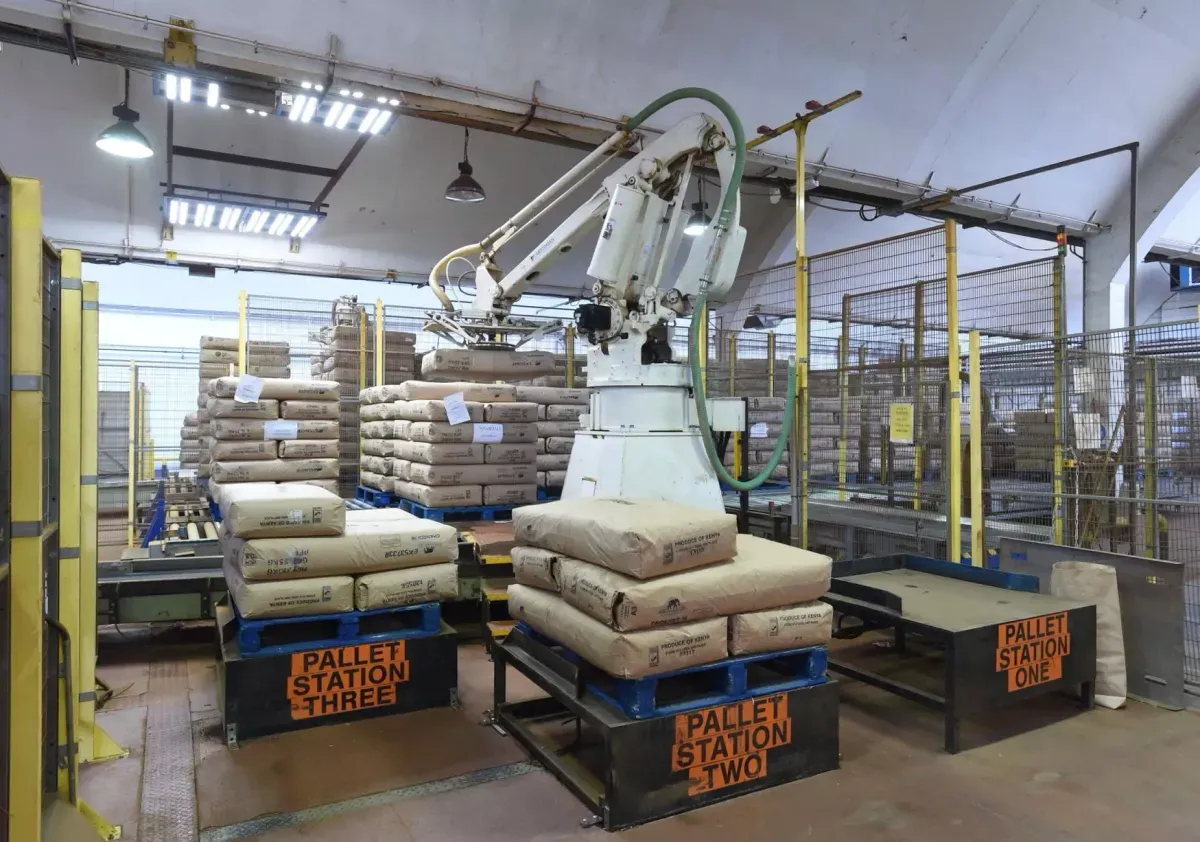
British tea giant Typhoo might get unexpected new owner from vaping industry
November 28 2024 , 06:13 PM • 1694 views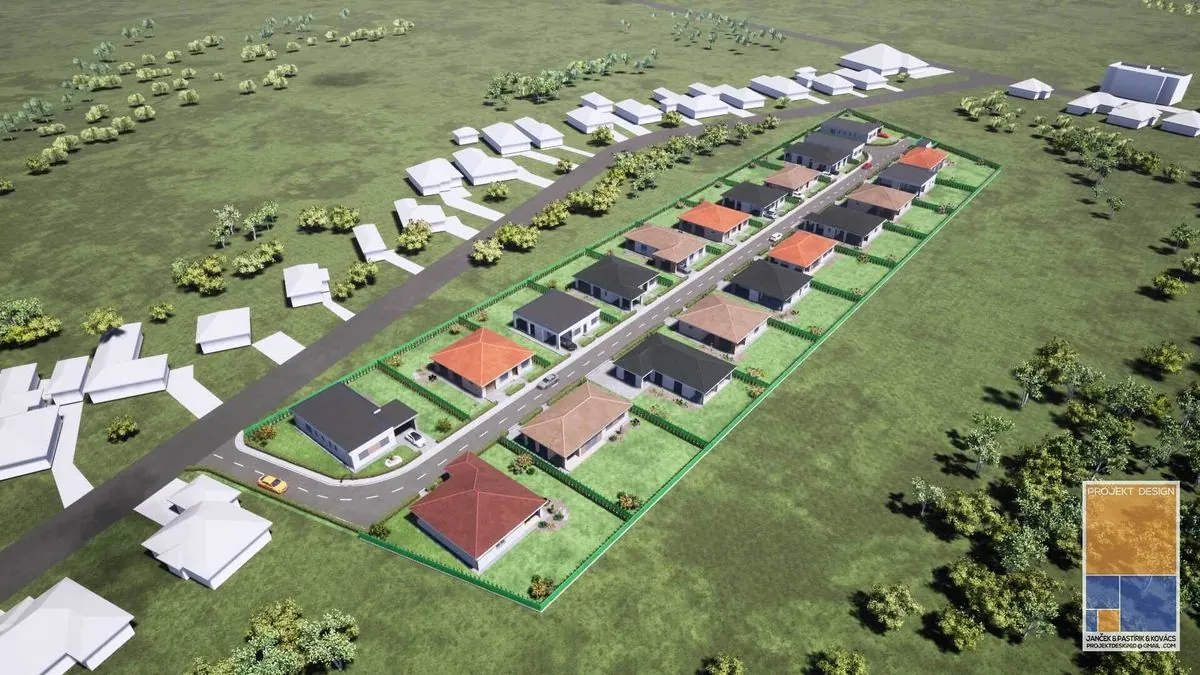
Three UK companies make big moves: Which stocks should you keep or dump?
November 19 2024 , 08:32 AM • 578 views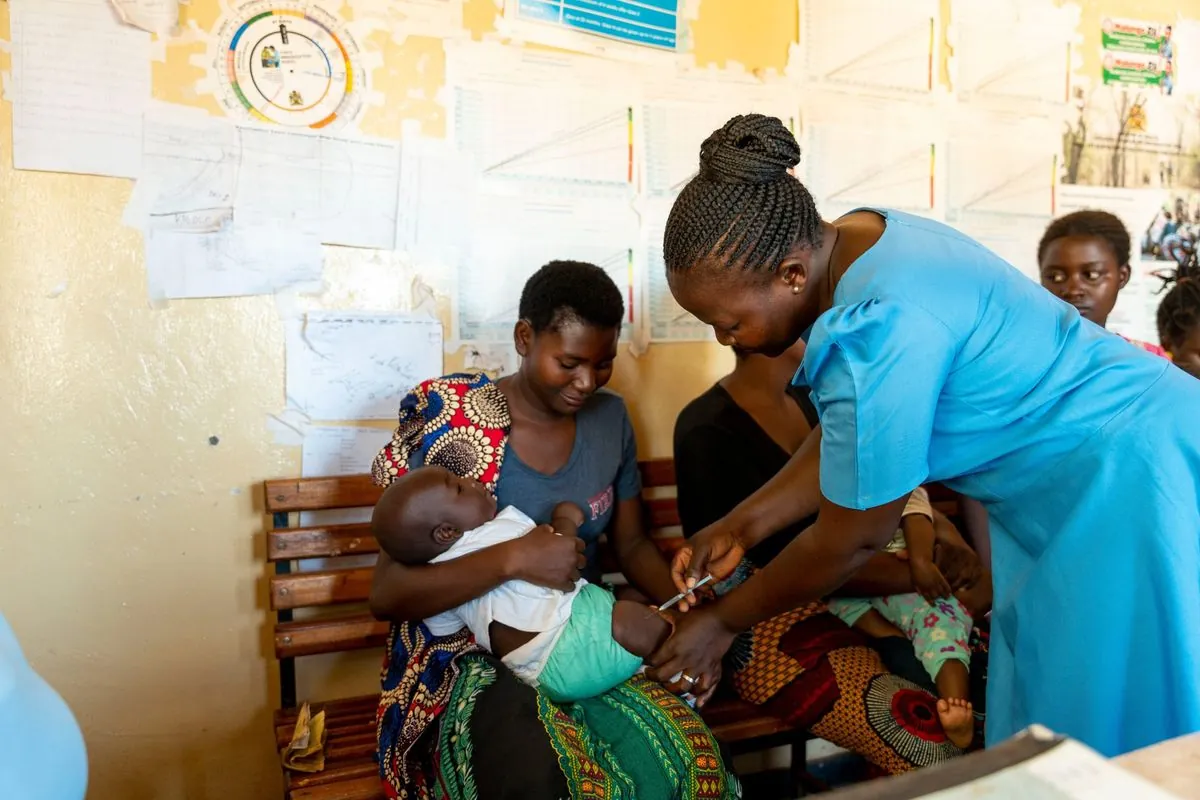
Russian plot targets new malaria vaccine program in Africa
November 4 2024 , 04:29 PM • 29 views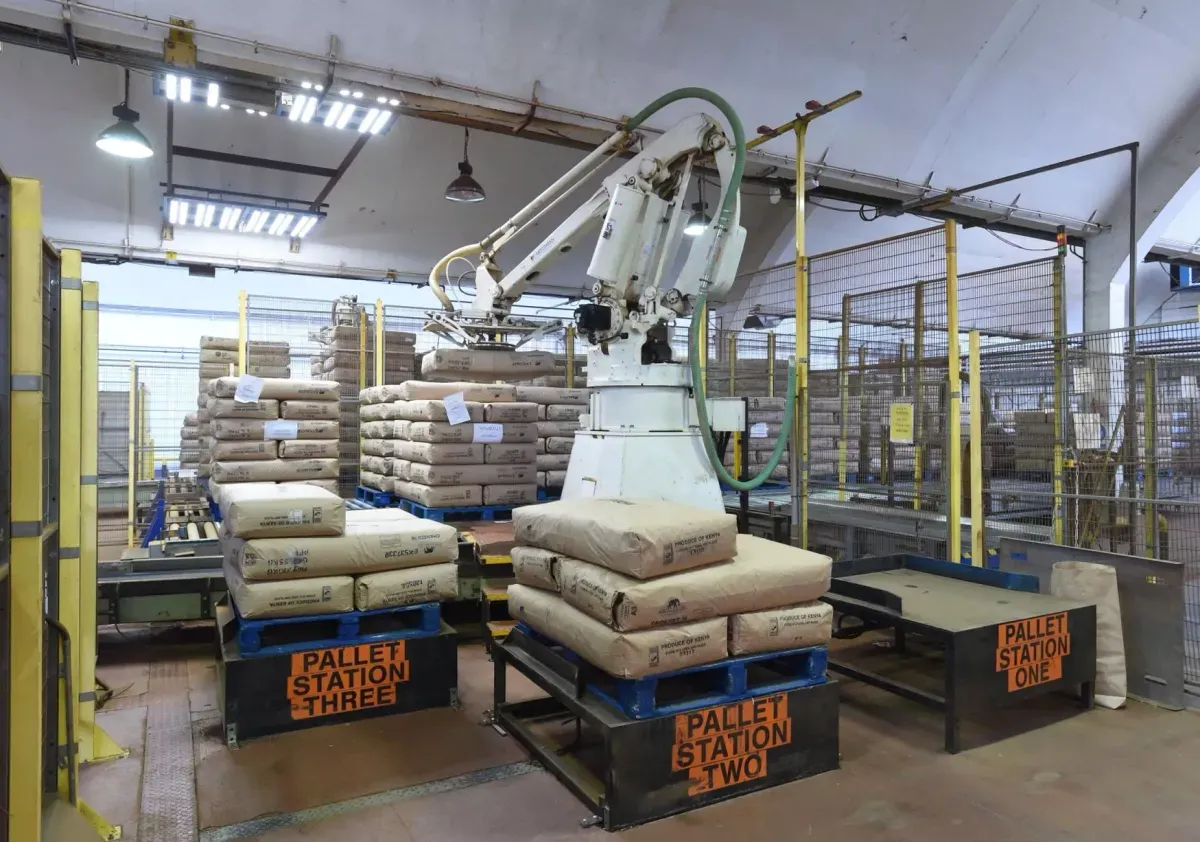
British tea giant Typhoo might get unexpected new owner from vaping industry
One of UKʼs oldest tea makers enters administration after facing major money problems. Supreme‚ a well-known vape seller wants to buy the troubled company in an unusual industry crossover
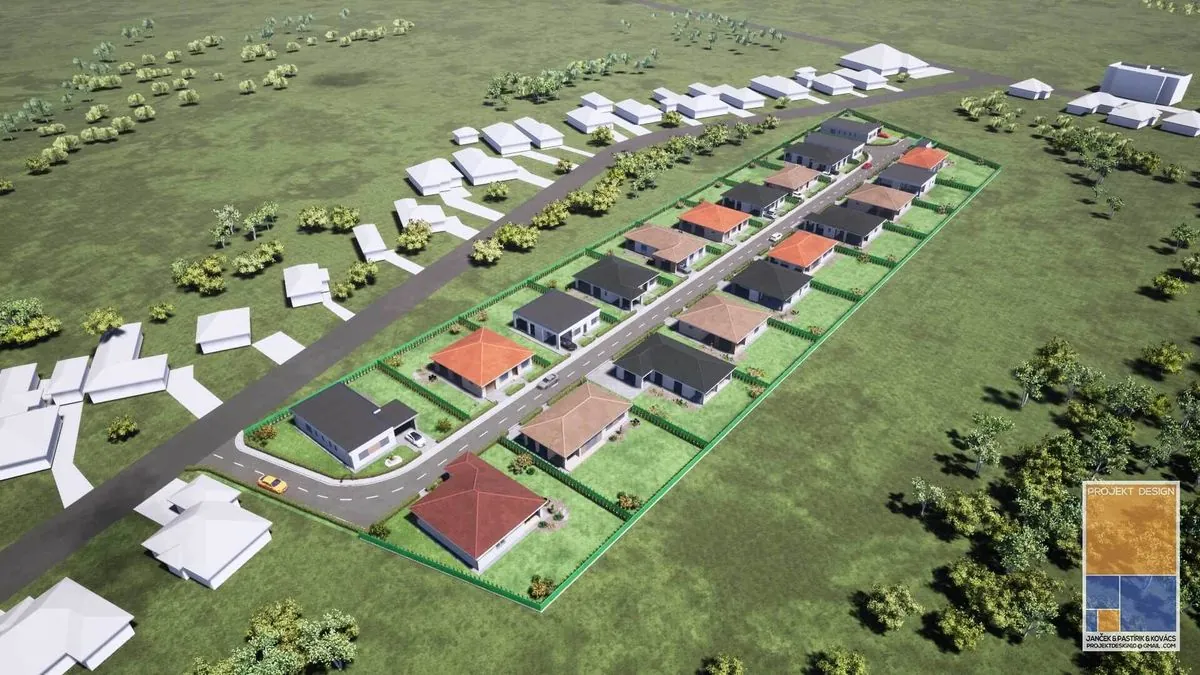
Three UK companies make big moves: Which stocks should you keep or dump?
A well-known drinks maker shows promising growth plans while two other companies reshape their business models. Latest market analysis shows why some investments are worth holding onto while others need quick action
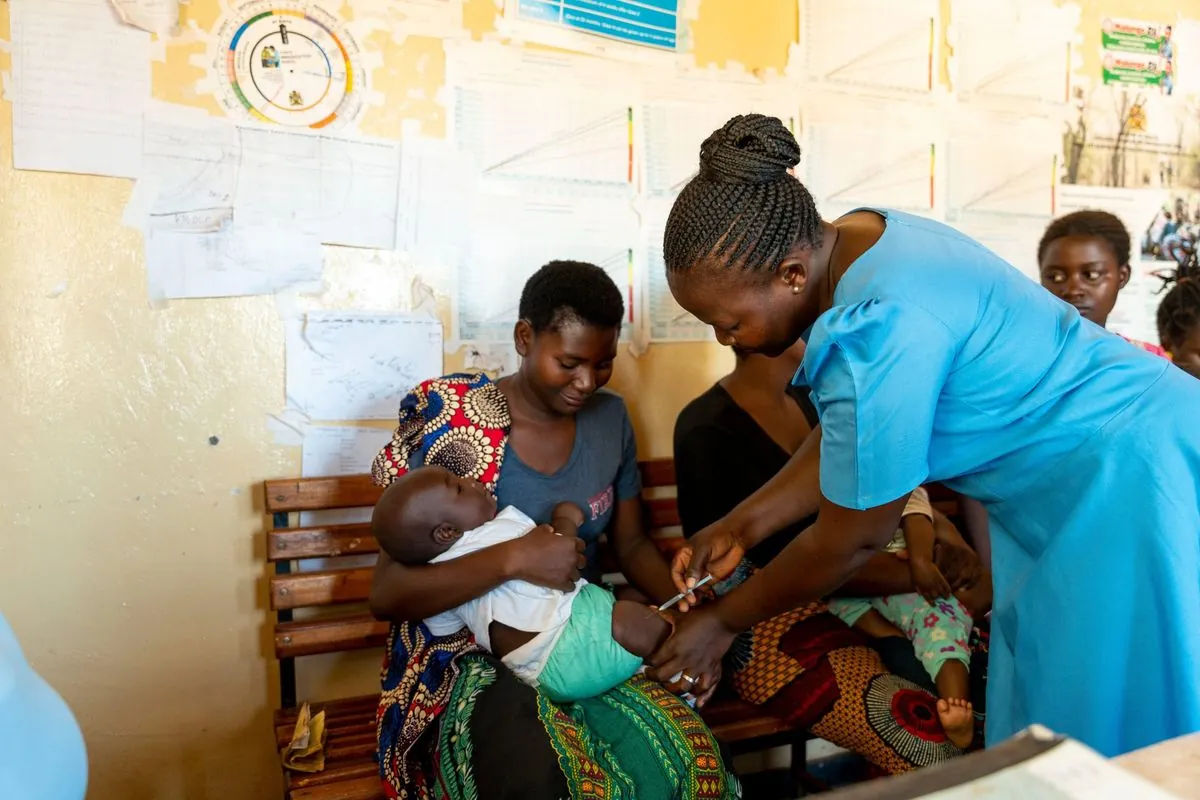
Russian plot targets new malaria vaccine program in Africa
Russian agents spread false info about British-made malaria shots in Africa using local social-media voices. This campaign copies old Soviet tactics that once caused major health problems on the continent


